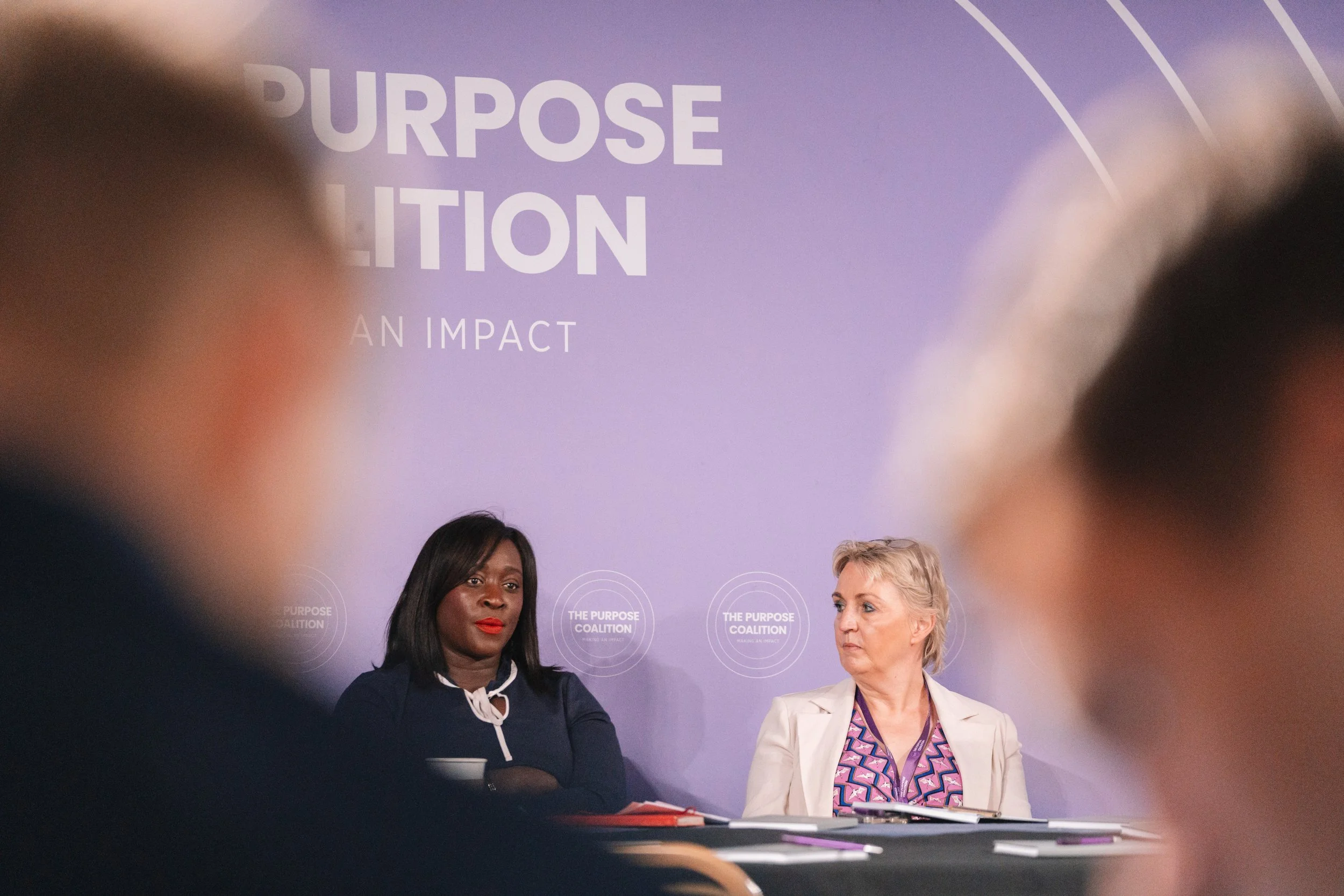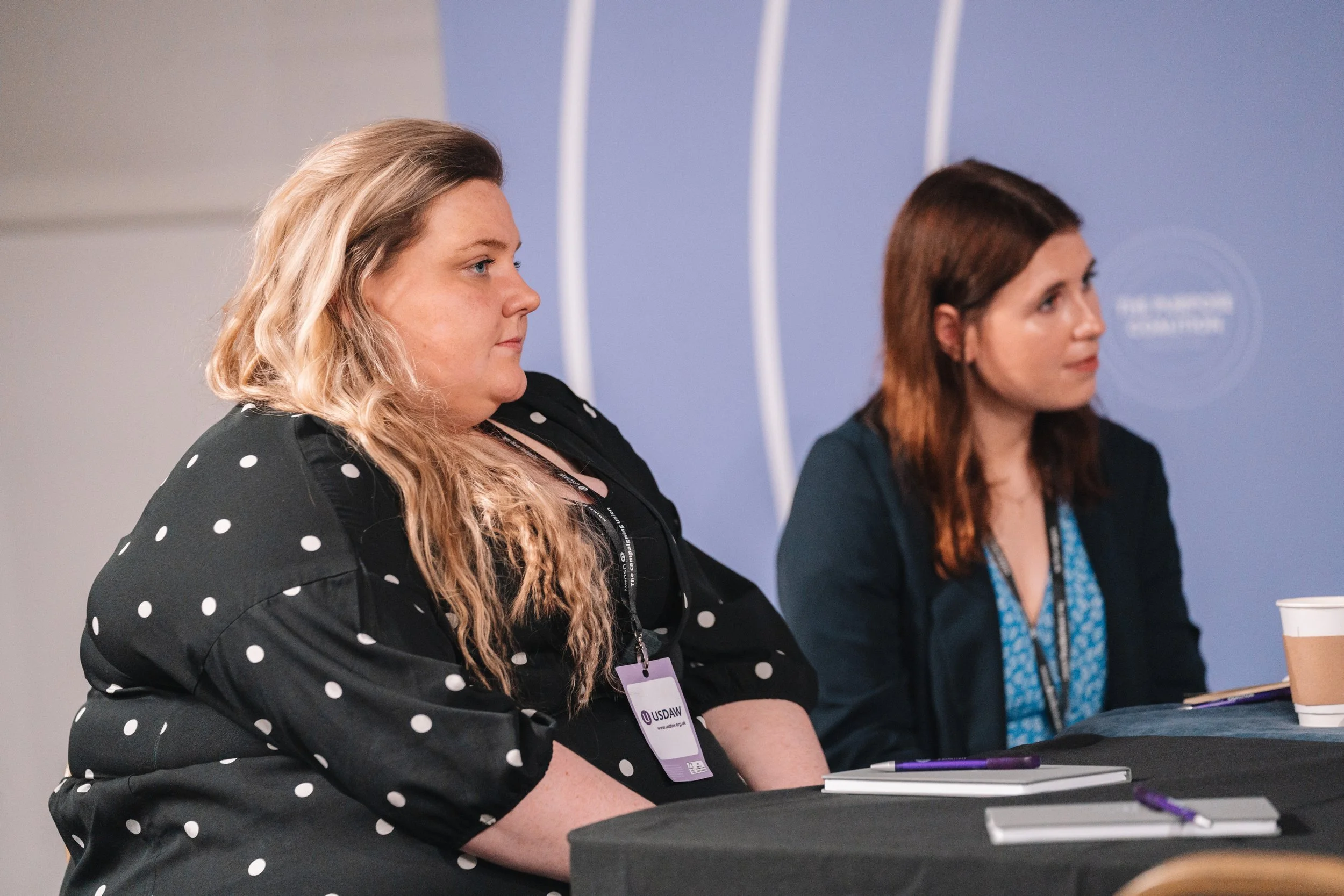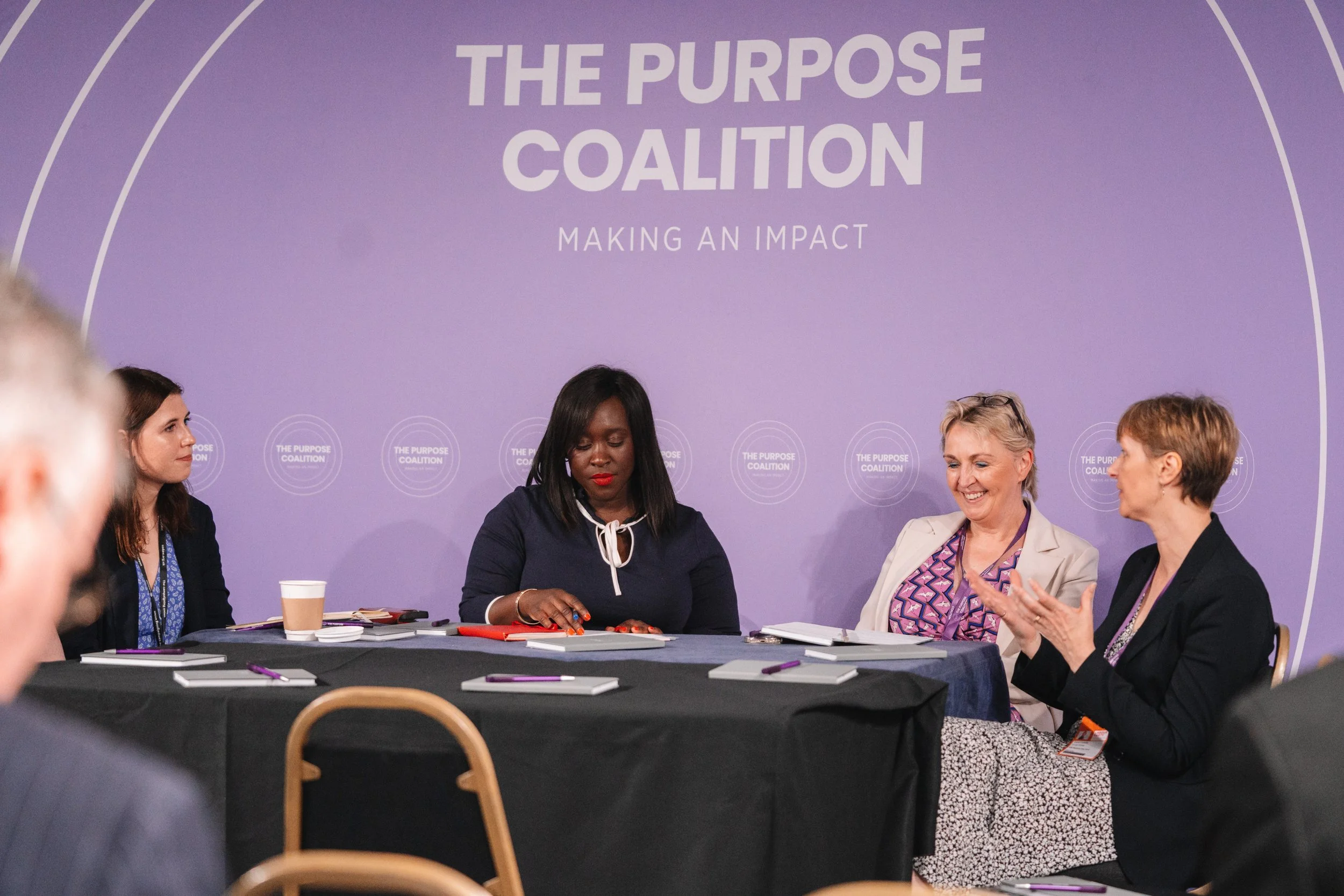Read: LPC 23 - Changing the conversation on women’s health and wellbeing in the workplace
Women’s health issues have all too often been a taboo subject in the workplace, scarcely acknowledged and barely discussed. Their performance, their productivity, their retention and their morale all suffered as a result. Clearly bad news for women, but also bad news for business.
An opening event at the Labour Party Conference in Liverpool today, Workplace Revolution: How can employers do more to support women’s health and wellbeing in the workplace?,heard how the situation was changing, spearheaded by purpose-led companies who are taking positive action to support women and their colleagues in the workplace to understand the problems they face and the solutions that are making a difference. Speakers included Abena Oppong-Asare MP, Shadow Minister for Women’s Health & Mental Health, Karen Quinn, Managing Director, Crowne Associates Employee Engagement and Recruitment and Claire Costello, Chief Procurement at the Co-op.
The menopause, for example, affects 3.5 million women in the UK workforce, and one in four of those consider leaving their jobs because of it. Thousands of other women are also affected by the impact of fertility problems and their treatment and by miscarriage. In an era of more open employee engagement, many organisations are recognising that eliminating the stigma associated with these issues, and talking constructively about how they impact women, will lead to more effective solutions in happier, more productive workplaces. Making women’s health and wellbeing an integral part of their overall health and wellbeing strategy will also help to drive a more inclusive workplace. Having open conversations is key but measures such as focus groups, mentoring, flexible working, the appointment of menopause champions and management training for men and women can all contribute to a more supportive environment in which women can thrive and make the most of their potential. That also makes good business sense.




